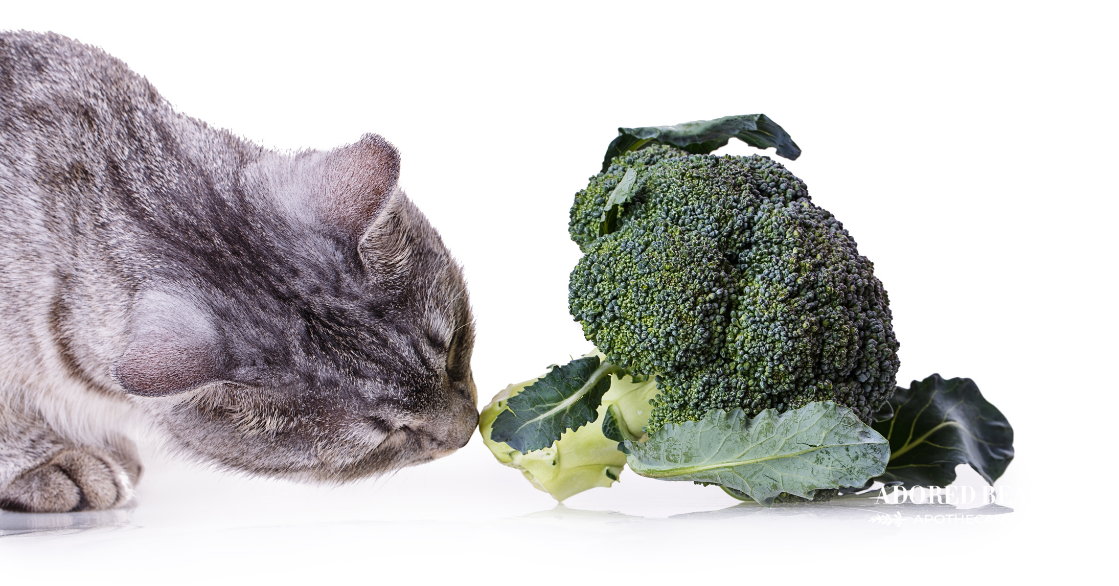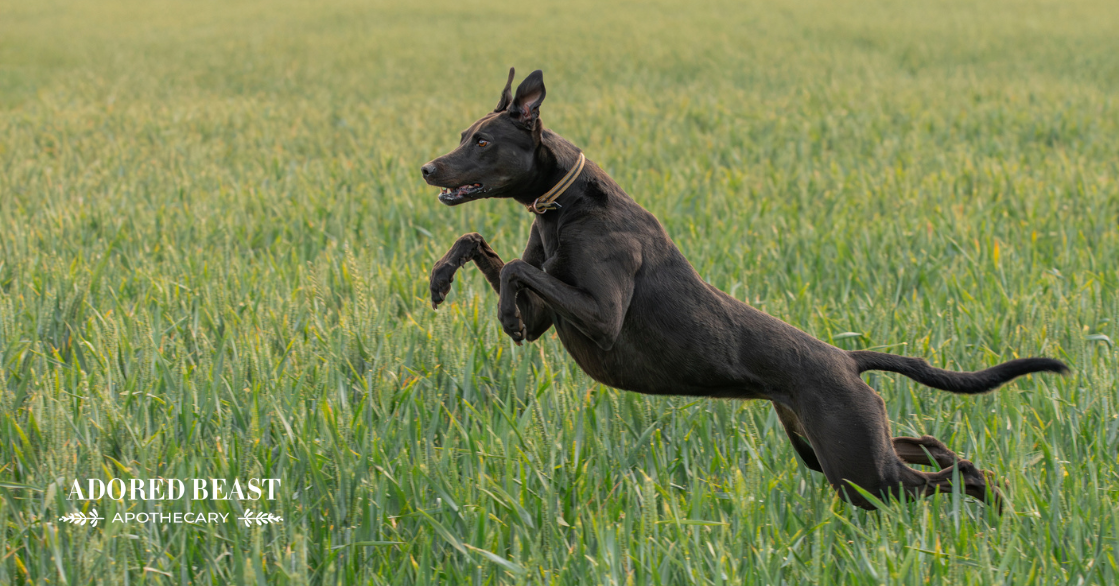When it comes to dogs, you’ll often hear us talking about all the different fruits and vegetables we can add to their diets to make them better. And while there is some debate about whether dogs are carnivores or omnivores, there is no denying that adding various plant materials can have many healthy benefits.
But what about our kitties? Cats are undeniably obligate carnivores. That means that they only need to eat meat to survive. From lions and tigers to tabbies and maine coons, cats are the ultimate meat lovers.
Technically, by that definition, cats don’t need anything but meat in their diet.
But, can cats eat vegetables? Well that’s a different question, with a different answer.
Can Cats Eat Vegetables?
Can cats eat vegetables? Yes, there’s nothing wrong with adding some veg to your cat’s bowl on a regular basis.
In fact, there are some really good reasons to try it! Actually, the reasons you eat them, and that you might feed them to your pup, are the same reasons you would share them with your cat.
Vegetables are a great source of whole food fibre, vitamins, and minerals. They also contain valuable phytochemicals like polyphenols, flavonoids, and carotenoids.
And those phytochemicals are huge when it comes to health. These are just a few of the things research tells us they can do:
- Aid the immune system
- Protect the body from free radical damage
- Reduce inflammation
- Protect heart health
- Improve gut health
- Slow the growth rate of some cancer cells
- Help regulate hormones
- Protect eye health
- Help with skin and bone health
[RELATED] Vegetables are great for dogs as well. There is a list of yes and no veg at this post!
How (And What) to Feed
Ok, so can cats eat vegetables? Yep, 100% they can.
Now for the potentially hard part…
Some cats will eat vegetables without issue. Give them a few options, and sometimes they’ll openly choose the one that is most appealing, and go to town. And that’s awesome.
Other cats, however, will not.
Cat lovers know that our feline friends can be very, very picky. And if even the tiniest addition to the food bowl turns them off, they’ll turn their little noses up to the entire meal. And we don’t want that. You never want to force it.
So, if you’ve never added vegetables to your cat’s dinner, you want to follow a few simple guidelines:
- Start slow. We cannot emphasize this enough. Give your cat the opportunity to say no. This means only putting the tiniest amount of vegetables in a little bit of food.
- Try different vegetables, one at a time. Again, you want to allow your cat to say no, but just like dogs (and us!), your cat may like some veggies and not others.
- Go small. Just cutting up a carrot and putting it in the bowl probably won’t fly. Instead, puree the vegetables so they’re very small. This also makes them much easier to digest, which is important. If your cat will eat them, fermented vegetables are also easy to digest.
- You can also lightly steam and puree veggies to make them easier to eat. This is, in our experience, the way most cats enjoy them.
- If your cat is just not a fan of any of the vegetables you present, well, that’s more than ok. As we said, you never want to force it. Cats are carnivores, so they would naturally be getting some vegetables in the gut of their prey. So, if they love it awesome, if not do not worry – a healthy raw diet with a small percentage of vegetables is great.
- If they do not like vegetables, try growing catnip and letting them chew on it at their leisure.
Which vegetables do we recommend? Broccoli, Brussel sprouts, zucchini, asparagus, pumpkins, green beans, and leafy greens are all great options.
***Note: Never add seasonings or cook your cat’s vegetables in oil or sauce. For example, if you’ve made a nice teriyaki stir-fry and don’t eat it all, keep it for lunch leftovers rather than sharing it with your kitty.
Can cats eat vegetables? You bet ya! If your cat is open to the idea, vegetables can be a great way to deliver additional nutrition to your beloved feline family member. The next time you’re making a salad, save some and see if your cat is up for it!












